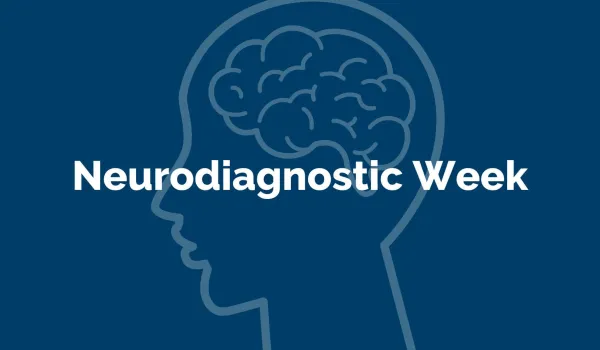Concorde Staff

Oftentimes, the most difficult part of securing a new job, whether it be in a health care degree field or any other profession, is getting an invitation to an interview. And it can certainly make matters more difficult for you, and easier for an employer to boot you out of the mix if you make a silly grammatical mistake on your resume or cover letter.
We recently sought some advice from both inside and outside sources on how to avoid killer cover letter mistakes and are happy to share those with you now.
six errors to avoid
Lets take a look at six errors to avoid as stated in a recent blog from Monster.
Using the wrong cover letter format : Make sure not to give your cover letter too much of a "cookie-cutter" look. Be sure to use a standard business-letter format that includes the date, the recipient's address and your address.
Making it all about you: By all means, use this opportunity to describe you, but do so in the context of the prospective employer's needs and requirements.
Not proofing for typos and grammatical errors: Pretty obvious given this blog's title. Still, typos and grammatical errors are evidence of carelessness and laziness - characteristics that certainly won't help you land the job, even with your health care degree.
"Two of the most common mistakes are grammar and spelling, which can easily be fixed by clicking the spell check button before you print or submit your cover letter," said Danielle Van der Knaap of Graduate Employment Services (GES) at Concorde Career College - San Antonio.
"Sometimes, they misspell words that are very common," said Concorde - San Antonio GES member Paula Barron. "I have seen abbreviations, which should not have been used. It is better to type out the word."
Making unsupported claims: Don't just make claims and not substantiate them. Give some rock-solid examples for each claim you make. Employers need proof.
"I have seen where someone is no longer at a job and they make reference to it as experience, and they refer to it in the present tense instead of the past tense," Barron said.
Using the same cover letter for every job and company: See tip 1 above about being too cookie-cutter in your approach. Employers can see it from a mile off. While it's time-consuming, it's worthwhile to customize each cover letter for the specific job and company.
Not sending a real cover letter: There's really no gray area here. You must include a well-written, neatly-formatted cover letter with each and every resume you send.
Concorde's Graduate Employment Services has plenty of resources at your disposal as you pursue your health care degree to help you craft a cover letter and resume that will catch prospective employers' eyes and give you the best opportunity at landing that job and career of your dreams. If you need help in finding employment, contact them today!

Next Steps?
We have a Concorde representative ready to talk about what matters most to you. Get answers about start dates, curriculum, financial aid, scholarships and more!



